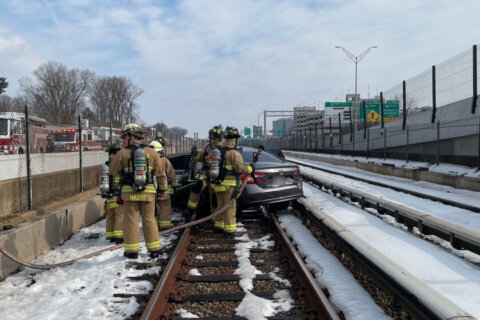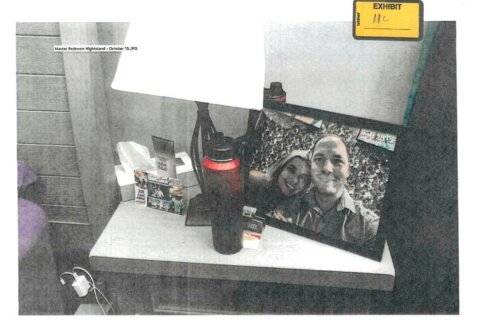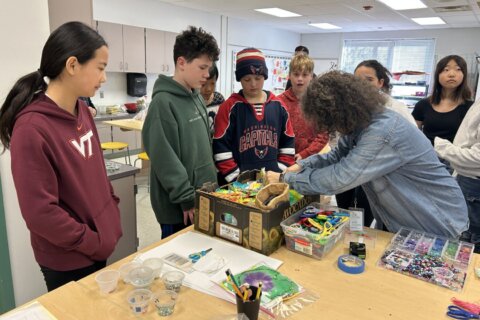A ruling by Virginia’s second-highest court in a complicated, technical case involving hearsay evidence is being hailed by Fairfax County prosecutors as another tool that will help put away criminals who target children.
The Virginia Court of Appeals ruled this week that hearsay evidence involving children who are otherwise not competent to testify can still be used, as long as it helps tie a case together.
It has to do with a case involving a 13-year-old girl with autism. The girl did not know what it would mean to be under oath and she could not differentiate between what is true and what is not.
A witness in the case, the child’s teacher, was still allowed to testify about the story she told him.
But there was other evidence, too.
The child’s mother caught Dillaraj Bista touching the child inappropriately, and she saved the clothing the child was wearing. Later, an examination found his DNA on the child’s undergarments.
But other statements made by the child later turned out not to be true, and the child was not allowed to take the stand.
“The issue is whether or not you can have somebody that would make reliable statements out of court that could be brought in, when that same person could not reliably testify because they didn’t understand the oath that it takes to testify,” said Fairfax County Commonwealth’s Attorney Steve Descano.
“You have somebody who the court found ‘not competent’ to understand the difference between a truth and a lie on the stand, yet their out of court statements could still satisfy this hearsay exception statute and be used as evidence,” Descano said.
The defense tried to argue that a child who can’t credibly testify on the stand shouldn’t have their words considered credible in the case at all. But the court said the other evidence in the case “really took this statement and made these statements trustworthy, even though the person could not understand the difference between truth and a lie on the stand if she was subject to direct examination,” Descano said.
If that exception stands any further appeals, Descano said it will have a big impact in other cases.
“It makes it less likely that somebody can prey on a young child who has autism and get away with it because that young child wouldn’t be able to testify,” Descano said.








